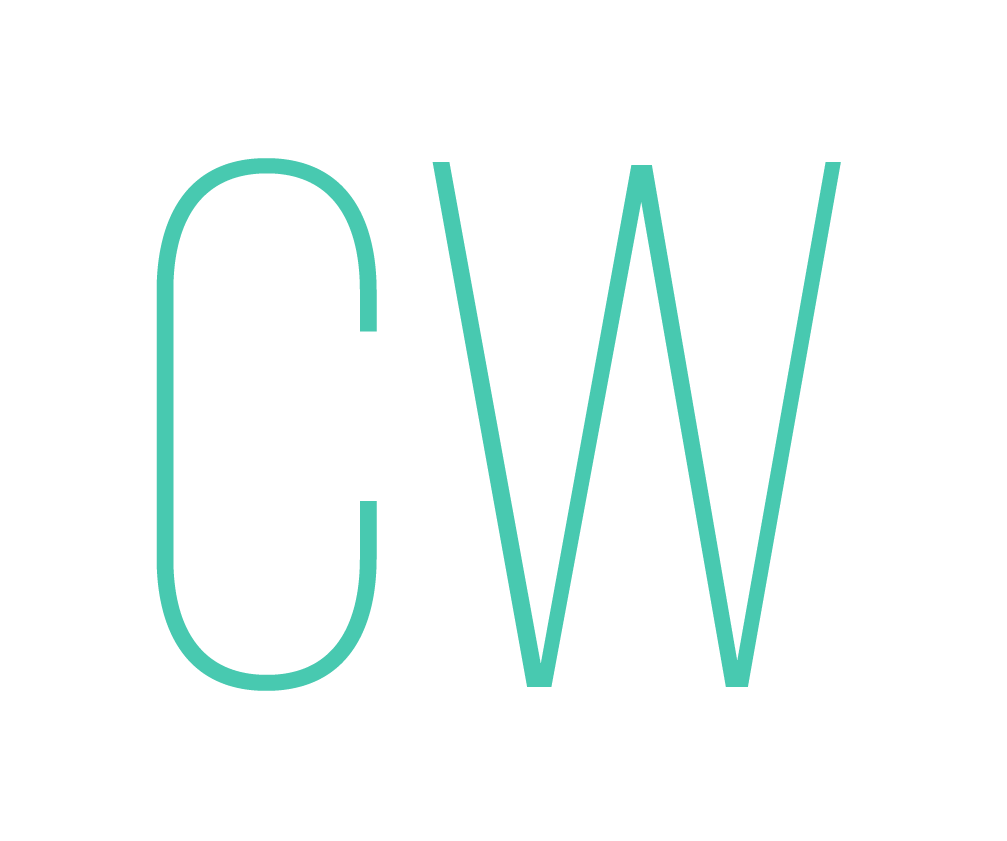On the Connection Between Pointe Shoes and Breastfeeding
*Originally published in Hebrew in Haaretz
When I was ten years old, my mother took me to the dance shop underneath the studio I grew up taking ballet, tap and jazz classes in to buy my first pair of pointe shoes. I had waited years for this blessed ballet moment, the day in which I would graduate from slippers to wooden-toed, real-ballerina shoes. The girls in my studio had to pass a test to be allowed this rite, which involved pointing one’s toes as hard as you could, demonstrating a certain level of knowledge of ballet vocabulary and committing to the extra two-hours a week of pointe classes. These obstacles were nothing to me. All I could see was that pair of gorgeous, hand-crafted, shimmering pink shoes and the accompanying ribbons, which we would sew on in a haze of excitement that evening.
And then came the first pointe class.
Nothing had prepared me for the pain those shoes inflicted. Every single movement, every slow climb to releve, every plie, even just standing next to the barre doing nothing hurt.
When you see ballerinas on stage, they are so light, so agile, so graceful. They appear to be flying through the space. The two inches of wood in the tip of their shoes allows them this other-worldly length. It’s beautiful because it’s nearly inhuman.
In all the Sunday matinee ballets I saw with my mother and sister, I never, not for one second, considered that what those women were doing involved pain.
But there I was, with my pristine pointe shoes and, after one class, a whole family of blisters on my toes. I wasn’t doing anything wrong. Pain was part of the pointe game. It was part of it for everyone.
It took months of painstaking classes to get to a point that I could move without cringing from pain. Another many months before what I was doing in those shoes resembled dancing.
How had I not known? How had no one told me how much it hurt?
The journey to breastfeed felt strangely similar.
I had seen women doing it before, though it always seemed very distant from me until I had my own baby to feed.
Those women seemed relaxed, calm, even blissed out. They held their little babies close in what looked like an ideal embrace.
I had my mother; whose memories of breastfeeding were entirely positive.
In the last weeks of my pregnancy, I considered if I wanted to breastfeed. Yes, I thought. Everyone says it’s the best for the baby. And it looked nice. And simple.
I knew pretty much nothing about what breastfeeding is like, how it’s done and how complex it can be.
A few days before I gave birth, I, luckily, attended a lecture by a seasoned lactation consultant. There were about thirty other pregnant women there. A lot of them came with questions. “What about the third day? What if my milk doesn’t come in? What is colostrum and how do I know if I’m producing it?”
I sat there, stunned, trying to follow all these questions I had never thought of and write down the answers. These women knew stuff and I had a feeling I should know it quick too.
And then my baby was born and within a few minutes, a midwife was helping her to latch.
There, in the delivery room, began that saga of my life called breastfeeding.
The first thing that struck me was the pain of it. How had no one thought to tell me how much it hurts?
There’s this hungry little thing who needs food, food that needs to be forcefully extracted from your body.
Here is this incredibly vital act that you feel so strongly about performing and it’s hard. It’s hard in ways that you can’t anticipate and in ways very few people speak about (like so many things relating to birth and parenting).
There is the supply and demand issue, the engorgement, the clogged ducts, the mastitis and so on and so forth. And there is the lack of knowledge amongst many doctors regarding all things relating to breastfeeding. Women arrive at this moment often with very little preparation, as I did. Had I not been to that lecture and had I not had my mother and husband around to encourage me to continue, I most certainly would have interpreted the pain as a sign that something was wrong and stopped.
It took about six weeks until I felt I had figured out the breastfeeding thing and another few weeks until I felt like those moms I had seen, in some distant dream, calmly nursing their babies.
Both pointe shoes and breastfeeding were passing moments in my life. The first because I eventually realized that ballet wasn’t my future and the second because the need for it waned. But I look back at both and remember that we are often stronger than we think and can handle more than we believe, that pain doesn’t always mean you’re doing something wrong and that the lessons learned by the body stay with us for life.
